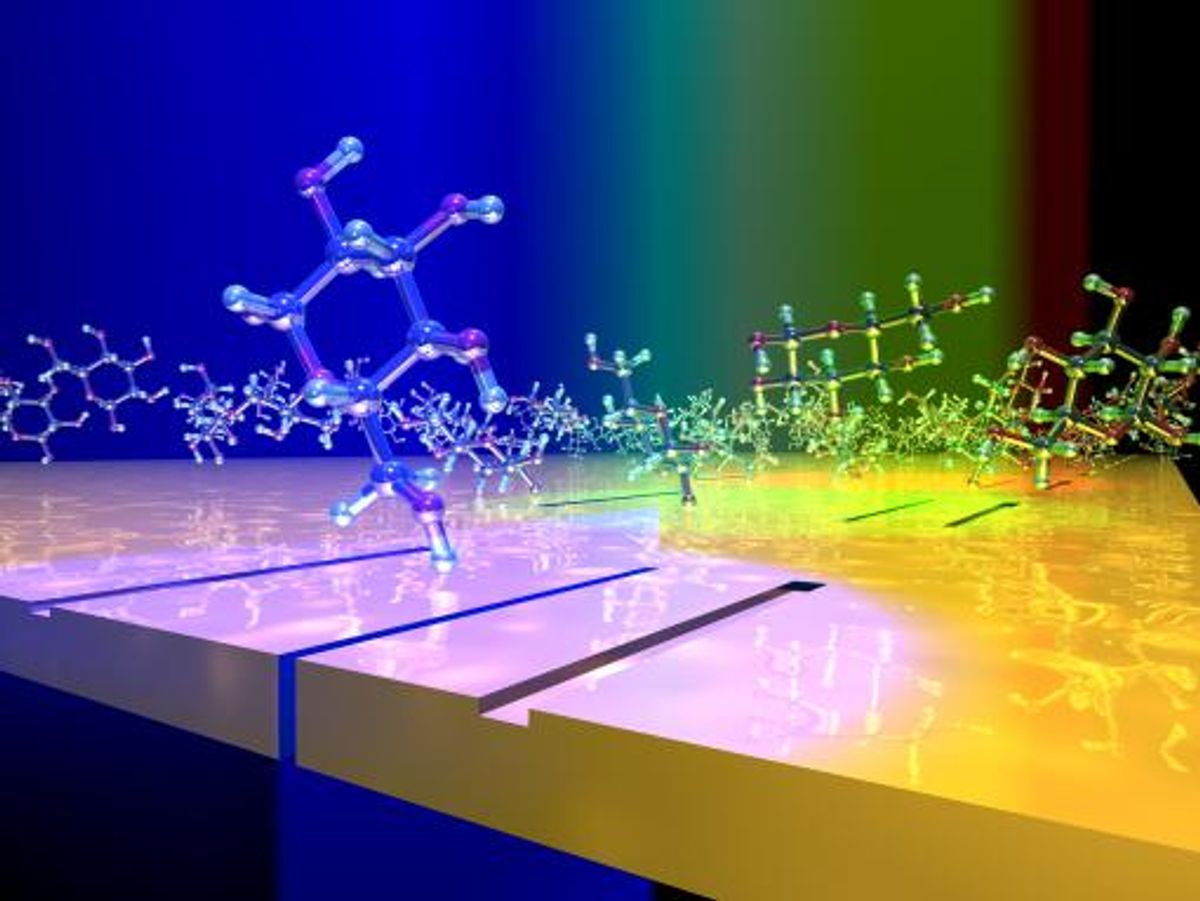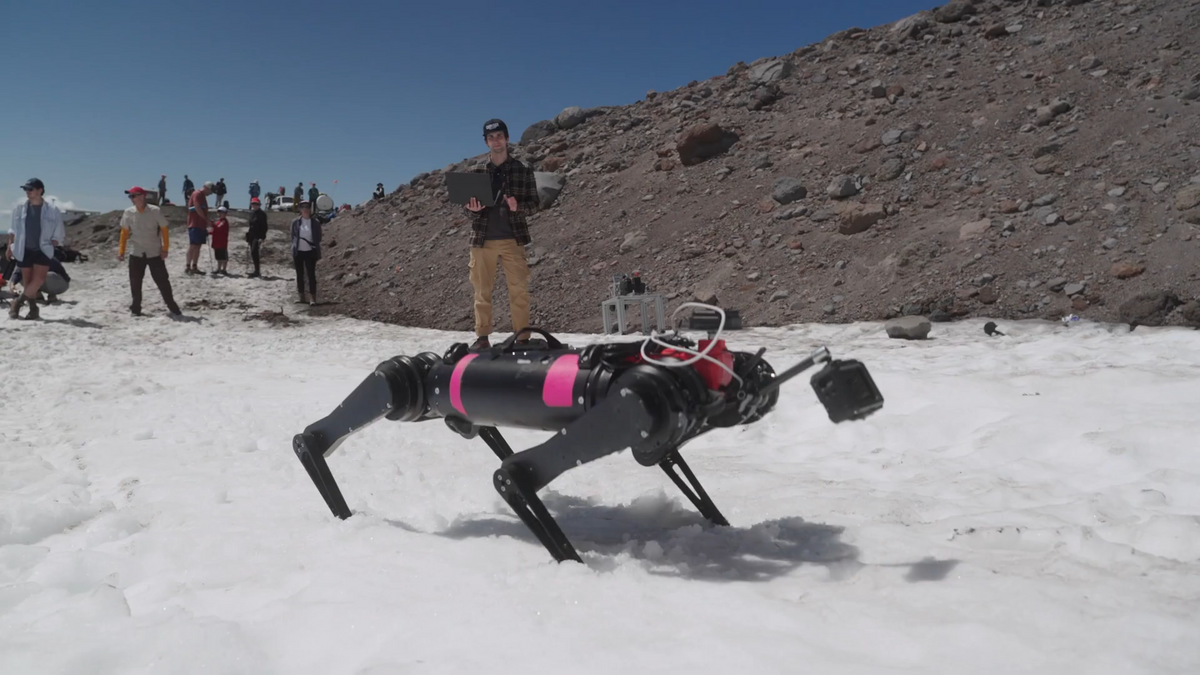In a recent article about nanoscale plasmonic interferometers, I mentioned that Domenico Pacifici hoped to use the technology to measure the presence of cytokines in bodily fluids before and after surgery. Cytokines are intercellular polypeptides that the body produces in response to infection and injury. At the proper levels, they aid in a natural inflammatory response that leads to tissue repair. But when there are too many of them, cytokines can have the opposite effect, discouraging the healing process or even cycling the body toward life threatening disorders.
It now looks like Pacifici will have the funding to develop a practical device. The U.S. National Science Foundation awarded his lab at Brown University an initial grant of nearly $200 000; Pacifici says that figure will increase to $600 000 over the course of the project.
Last month, Pacifici demonstrated how an array containing thousands of tiny plasmonic interferometers could detect slight variations in the amount of glucose dissolved in water, accurately measuring concentrations as low as 0.36 milligrams per deciliter. The experiment provided impressive proof of the sensitivity of his device. But there are many reasons why glucose may not be the best molecule to focus on, including the fact that blood extraction techniques have improved so much over recent years.
Measuring cytokine levels in real time, however, remains an important problem. Right now, the best way to detect them is with an immunological assay—attaching a specific antibody to the cytokine and then using it as a marker for further chemical analysis. Unfortunately, these tests take a lot of time and multiple steps.
But with Pacifici's interferometer, it's possible to measure molecules almost instantaneously as long as the device is tuned to the molecule of interest. In the previous study, Pacifici did this by isolating glucose in water and then running it on thousands of intererometers, each of which differed slightly from the rest. To achieve this specificity with cytokines, he proposes using a material that selectively binds the polypeptide. Or in his words: "High selectivity is achieved by functionalizing the surface of each interferometer with linkers that can specifically bind to the target analyte."
If the work results in a tool for accurately measuring cytokines in real-time, it could help doctors decide when to perform surgery on trauma patients as well as giving them a better way to monitor the inflammatory response after surgery, says Pacifici.


